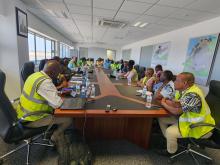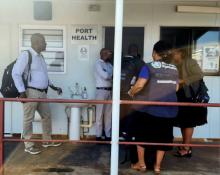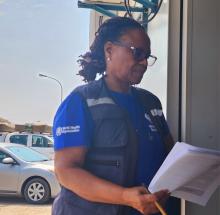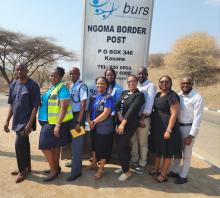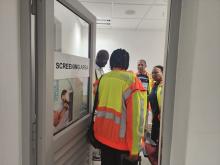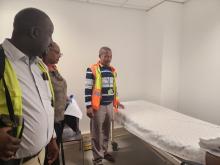Botswana Intensifies Health Security with Crucial Border Capacity Assessment
Gaborone, Botswana – The Ministry of Health (MoH), supported by the World Health Organization (WHO), launched a critical two-week mission in September 2025 to evaluate Botswana's health security capabilities at its key Points of Entry (POEs).
This nationwide assessment targets 12 designated POEs and one undesignated site, including nine ground crossings and four airports, to ensure the country is fully prepared to prevent and control the spread of infectious diseases across its borders.
The assessment is a core component of a broader multi-country Pandemic Fund project aimed at enhancing health security and preparedness against future health threats in eight countries in the region, including Botswana.
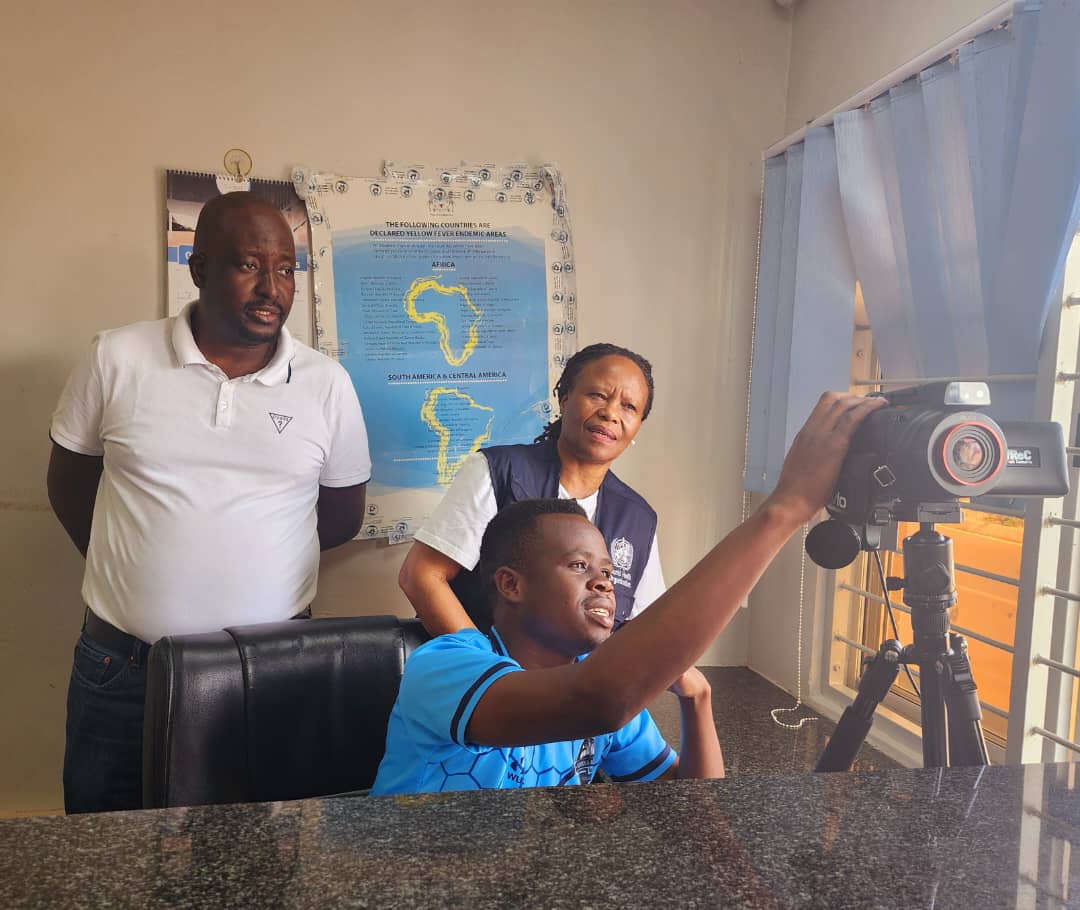
Why the Assessment Matters?
The mission focused on measuring the status of existing International Health Regulations (IHR) core capacities. The main objectives are:
Determine Status: Evaluate current routine risk management, early warning, and response systems.
Improve Coordination: Assess communication and cooperation across all border levels.
Strengthen Preparedness: Measure and bolster preparedness and response capacities at POEs.
Develop Action Plan: Use the findings to create a concrete plan to strengthen IHR implementation.
As noted by Dr. Thebeyame Macheke from the Botswana Public Health Institute (BPHI), the IHR assessment tool is "critical for measuring capacity and ensuring authorities can control disease spread without causing unnecessary disruption to international travel and trade." The findings will be vital for strengthening Botswana's compliance with the IHR, a set of global rules designed to safeguard public health security.
A Multi-Sectoral Effort
Strengthening border health security requires collaboration across multiple government sectors. The assessment team, comprised of MoH and WHO experts, is engaging with a diverse group of stakeholders, including Law Enforcement Agencies; Immigration Services; Environmental Health Officers; Botswana Unified Revenue Service (BURS).
This multi-sectoral approach was evident at locations like Kazungula Road Border Post. Mr. Thembani Manguba, Customs Officer in Charge, emphasized the importance of strong inter-agency collaboration, stating, "Health, trade, security, and the smooth movement of people are all interconnected."
Progress and way forward
The assessment has already yielded critical insights from key officials on the ground. WHO Botswana Country Representative, Dr. Fabian Ndenzako, visited the Pioneer Border Health Post and engage with frontline officers. He commended the staff for their dedication, noting that their role is "central to strengthening Botswana’s preparedness and response capacity while ensuring smooth cross-border movement and trade." Dr. Ndenzako also stressed the importance of regular simulation exercises to test and measure the country’s preparedness.
Moving forward in ensuring adherence to IHR requirements at the PoEs, the interdepartmental collaboration between the Port Health, Immigration, Agriculture, Civil Aviation Authority of Botswana (CAAB), etc is very important as noted by Mrs. Kentse Moakofhi, WHO Emergency Preparedness and Response Technical Officer.

